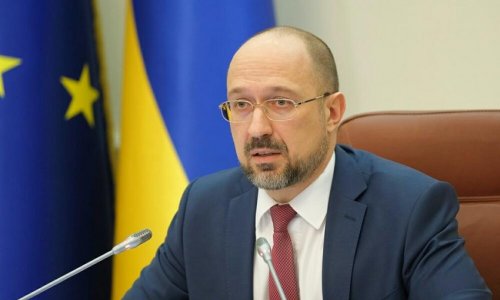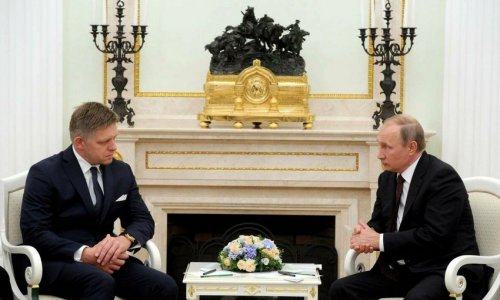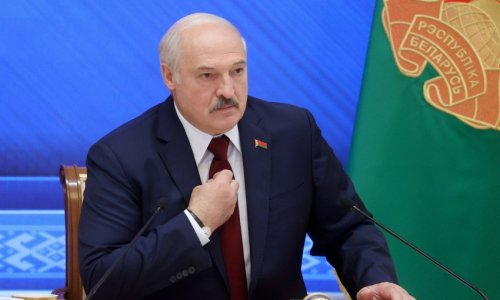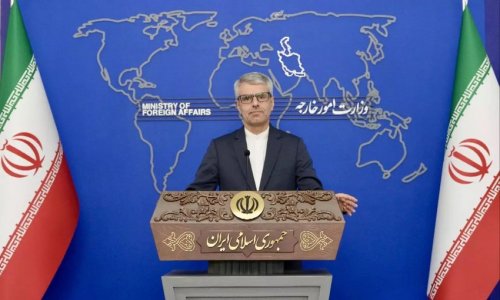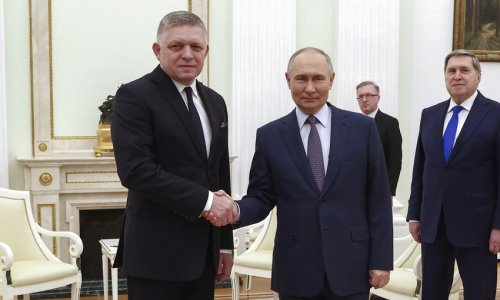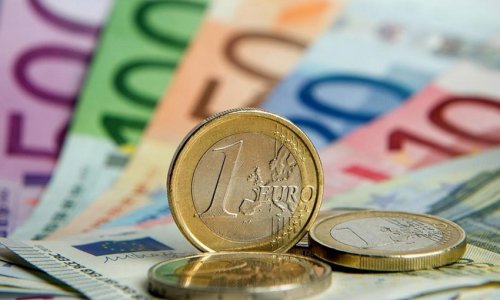The EU's latest sanctions package comes amid anger over the Kremlin's support for Ukrainian rebels, who stand accused of shooting down a Malaysia Airlines passenger jet and killing 298 people.The measures include an arms embargo, restrictions on offshore energy exploration and curbs on Russian banks trading in European markets.The sanctions are intended to strangle the Russian economy and convince President Vladimir Putin to abandon his support for the separatists in Ukraine.Russia's economy is relatively small, about the same size as Italy, but its energy resources are vast. Russia's exports are almost all raw materials and about 60% of these are energy products.The EU takes more than 45% of Russia's exports. Less than 3% of the EU's exports go to Russia.So could it be that in trying to inflict economic pain on Russia, the EU will merely end up harming itself?Putin 'strengthened'Roughly 30% of Russia's banking sector assets are now constrained by sanctions, according to US officials.Raoul Ruparel of Open Europe, an EU policy think tank, said: "The UK looks likely to bear the largest economic burden from these sanctions. The financial sanctions are the most developed and will hit Russian state-owned banks debt and equity issuance, which takes place largely through London."The sanctions have been designed to have a larger impact on Russia than the EU. This looks likely to be the case. Russian firms will have to look elsewhere for funding and certain hi-tech imports - a tricky, if not impossible, task."But according to banking expert Ralph Silva, going after Russia's banks would hurt the West the most."This will ultimately hurt the City, as well as New York," he says, "because for the first time, the Russians are going to realise that they in fact can live without the global financial services industry."[Mr] Putin has been strengthened as a result of the sanctions. The Russian public is seeing him as the protector and if he gets the country through these sanctions, he will solidify his hold on power."Banks bracedFinancial analyst Chris Skinner said that the sanctions on banks could force Russia to move away from the City and look elsewhere.He said the restrictions "could kill the Russian flow of capital through our markets if there is an alternative. For example, would they switch to Hong Kong or Shanghai?"Mr Skinner also said that they would benefit Russians who had invested outside their home country."The more we sanction Russia, the more the rouble loses value, the more the billionaires who invested outside Russia in, for example, London property gain through [foreign exchange] fluctuations and property and other valuable commodity investments," he said.International credit card companies were unconcerned. Mastercard said Western sanctions would have no impact on Russian business, while Visa said US economic restrictions were not affecting its work in Russia.Russia's Bank of Moscow said that business was not suffering from sanctions and that it was not planning to borrow on foreign markets.In the wake of the sanctions announcement, trading at Russia's second-largest state-owned bank, VTB, was down 1.2%. The bank said that the sanctions were "unjust, legally dubious and likely to cause economic harm to all sides".VTB said it was ready to borrow in other currencies and markets.As well as financial curbs, the package cracks down on arms sales to Russia. The EU has a list of prohibited equipment under the new embargo, which takes effect on Thursday.The embargo will not apply to contracts signed before the start of these sanctions, which means a $1.6bn (£1bn) helicopter deal with France is unaffected.Lilit Gevorgyan, a Russian analyst at IHS, said: "Considering relatively low volumes of arms trade between the EU and Russia, the sanctions are more symbolic, especially seeing that France is holding on to the two Mistral-class helicopter carriers deal with Russia."Since the collapse of the Soviet Union Russia has been reluctant to import arms," she said."While Russia is the second-largest arms exporter in the world, its military imports from the EU are limited in volume."And Russian firms are keen to stress that the US is missing out as a result of the embargo. Russian arms maker Kalashnikov expressed its "condolences" to US consumers on Tuesday, after restrictions on Russian arms exports meant the US could no longer purchase its weapons.EnergyEuropean leaders have not limited oil and gas imports from Russia, as this would hurt EU countries that rely on Russian energy.They have instead targeted Russia's long-term ability to develop new oil resources, by placing restrictions on the technology systems behind offshore energy exploration.The US and EU have banned exports of technology systems, known as "sensitive technologies", for use in Russian deepwater, Arctic and shale oil exploration.Russia is one of the world's largest oil producers and holds the largest combined oil and gas reserves in the world.Total, which owned 18% of Russia's natural gas producer Novatek, stopped buying shares when the MH17 flight was shot down earlier this month.In response to the sanctions, Russian gas company Gazprom announced that it would now source its gas turbine spare parts locally instead of relying on imports.According to Gazprom's managing company, the combined value of these contracts is about 10bn roubles (£166m).(BBC)Bakudaily.az
Russia sanctions: Who will be hurt the most?
World
11:30 | 31.07.2014
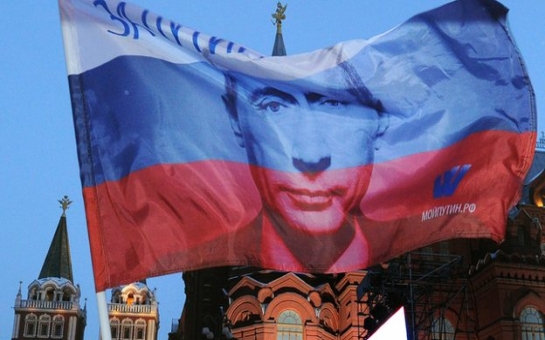
Russia sanctions: Who will be hurt the most?
They are the toughest sanctions imposed on Russia since the Cold War, but who will they hurt the most?
Follow us !

